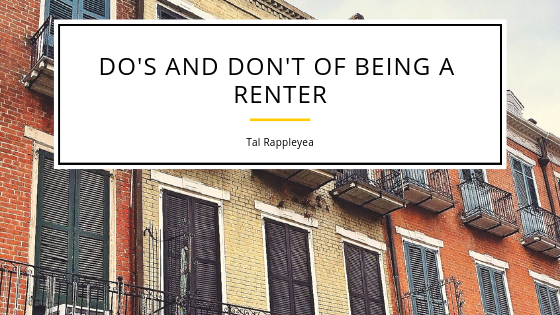A renter should understand their rights as a tenant. Knowing what is and isn’t possible helps avoid any legal situations that could arise during the lease. It also gives the renter the knowledge to know when it’s proper to contact their local housing authority. Here are some helpful things for a renter to know.
Accessing Property
A landlord has the right to enter a tenant’s property, but at least 24 hours notice is required. This gives the tenant the ability to receive the note with enough time to be prepared for the landlord or maintenance crew to arrive. The only exception is an emergency that requires the landlord’s immediate attention.
Guests and Family
A tenant can have guests as long as they don’t harass or disturb the neighbors. Repeated instances of rowdy guests or noise complaints can get the tenant evicted or the guests banned from the property.
Increase in Rent
A tenant isn’t obligated to honor a sudden rent increase. By law, the landlord must inform the tenant of the increase at least 30-days in advance. The increase also shouldn’t exceed 10 percent of the current rent. This gives the tenant the ability to make the decision if they would like to stay or look for somewhere else to live.
Repairs
A tenant has a right to request that a landlord make repairs. Major repairs for items such as gutters, sinks, toilets, and showers is the landlord’s responsibility. If the landlord refuses to make repairs, then the tenant can report them to their local housing authority. Repairs could also be necessary before the tenant moves in. Tenants should document the property damage before they begin to move their stuff in. This way if the landlord tries to make the tenant pay for repairs, the tenant has proof it was not due to their actions.
Eviction
It’s illegal for a landlord to force a tenant from the property without a reason to evict. A tenant can contact local law enforcement officers if the landlord is attempting a forceful unlawful eviction. The tenant should read over their lease to know what rights the landlord has to evict the tenant.
Renovations
Tenants are also prohibited from making major changes to the property. A tenant must have written permission from the landlord to alter the property. That means a tenant can’t make any major changes without permission. This also includes the outside of the property. For instance, a tenant can’t cut down a tree or install a swimming pool unless the landlord gives permission.
As you can see, a tenant has several legal protections to keep them safe from unscrupulous landlords. But there are some situations in which tenants aren’t protected by the law. One thing a tenant shouldn’t do is break the rules of the lease. It’s important to carefully read the lease before signing. Once the lease is signed, the tenant can face eviction if any rules are broken.
